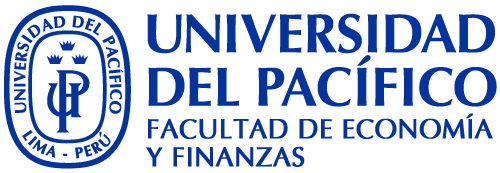Keynote Speakers


Call for Papers
LACEA’s health economics network will hold its second annual workshop in Lima (Peru) on the premises of the Faculty of Economics and Finance, Universidad del Pacífico, on the 3rd and 4th of October 2019. We will have around 14 presentations and discussions of high quality papers in health economics, selected by a scientific committee, and two keynote talks: Paul Gertler (UC, Berkeley) and Pedro Pita Barros (Nova School of Business and Economic).
Submissions
Both empirical and theoretical contributions are welcome. Submissions will be judged on their academic merit, where a clear identification strategy will be favoured. Those papers which work on topics relevant for the Latin American context are highly encouraged. A non-comprehensive list of proposed topics is:
- health prevention and health related behaviours
- objective and subjective health outcomes
- public health, mixed private-public health care systems
- health expenditures
- market regulation and incentives
- insurers'/providers' competition and choice
- national, social and private insurance
- risk adjustment
- high cost drugs and long term care
- policy evaluation and assessment
Papers must be submitted in English, in PDF format without any specific length limit, and no later than June 28th 11:55 PM (UTC-5) to be considered for the workshop. Papers should be submitted to:
If you have any question please contact to: health.economics@up.edu.pe
Organising committee
SCIENTIFIC Committee
USEFUL INFORMATION ABOUT PERú
09:00 / 12:00 Saturdays
ATM tellers are available 24/7 at several locations in Lima.
Available at the airport:
CMV Servicio Ejecutivo S.A.
Phone: (51-1) 219-0266 / (51-1) 219-0277
Mitsoo S.A.
Phone: (51-1) 261-7788
Shops and markets in Lima offer a selection of most of Peru’s fine handicrafts, such as hand textiles, alpaca and llama rugs, sweaters and shawls, pottery, straw and basketwork and elegant woodwork. The quality of the gold and silver jewelry is excellent.
Phone: (511) 200-9200
www.costadelsolperu.com
Phone: (511) 208-1222
www.atton.com/latam/peru
Phone: (511) 222-1094
www.suites-antique.com
Phone: (511) 411-9000
www.melia.com
Phone: (511) 712-7000
www.libertador.com.pe
Phone: (511) 215-7000
www.losdelfineshotel.com
In restaurants, a 18% VAT and a 10% service charge are included, but you should give to the waiter an extra 5% or 10% for a tip. Bell captain services are normally tipped with a few soles or dollars. Taxi drivers do not expect a tip.








